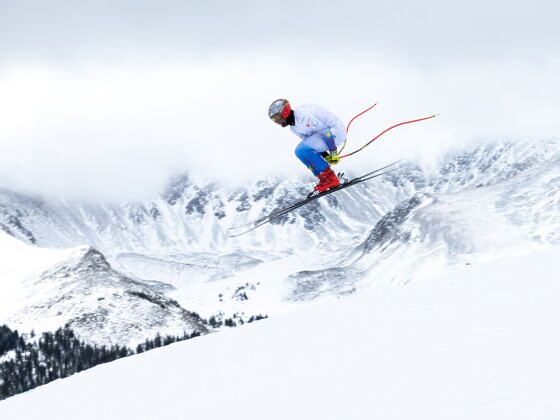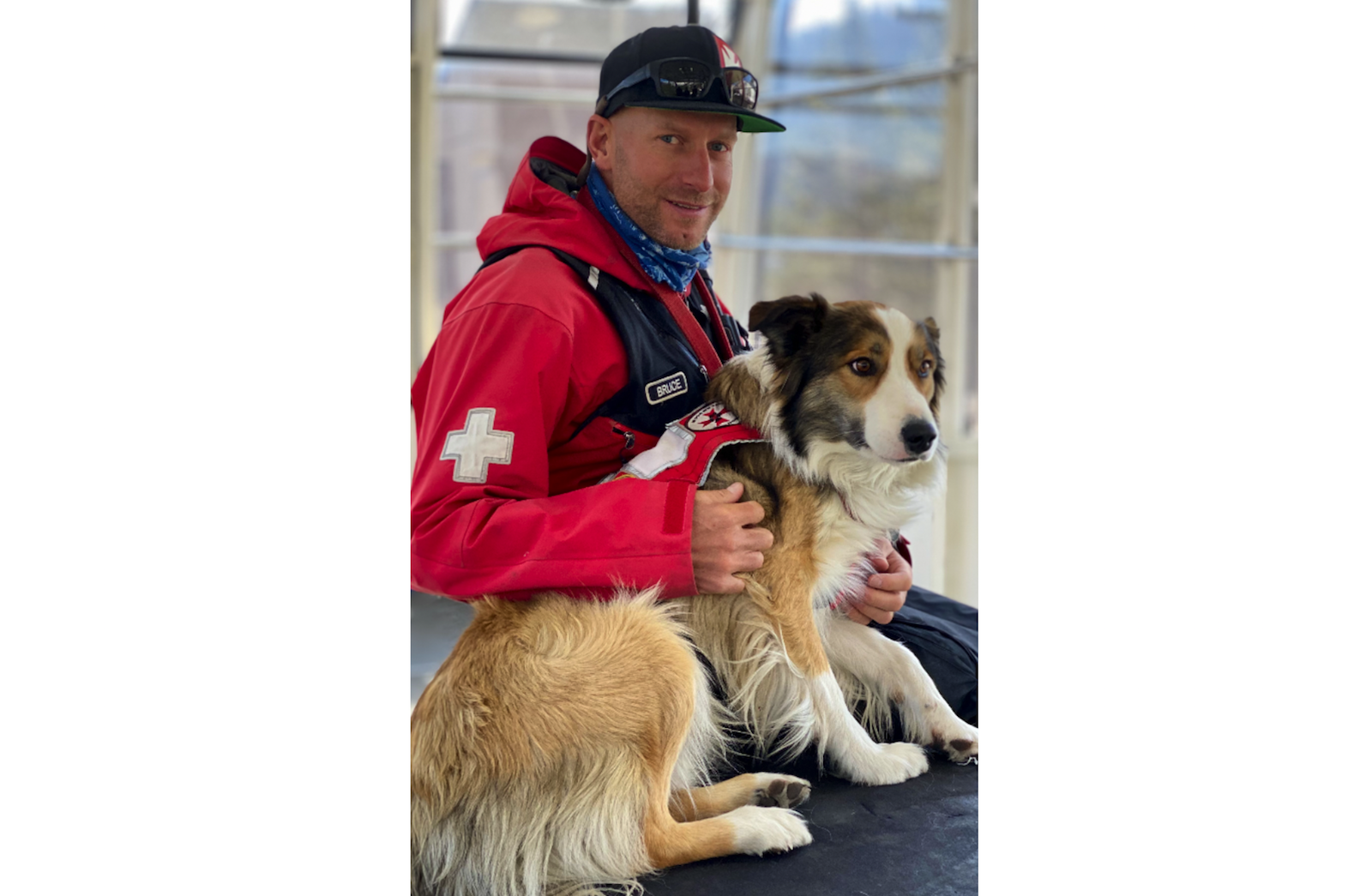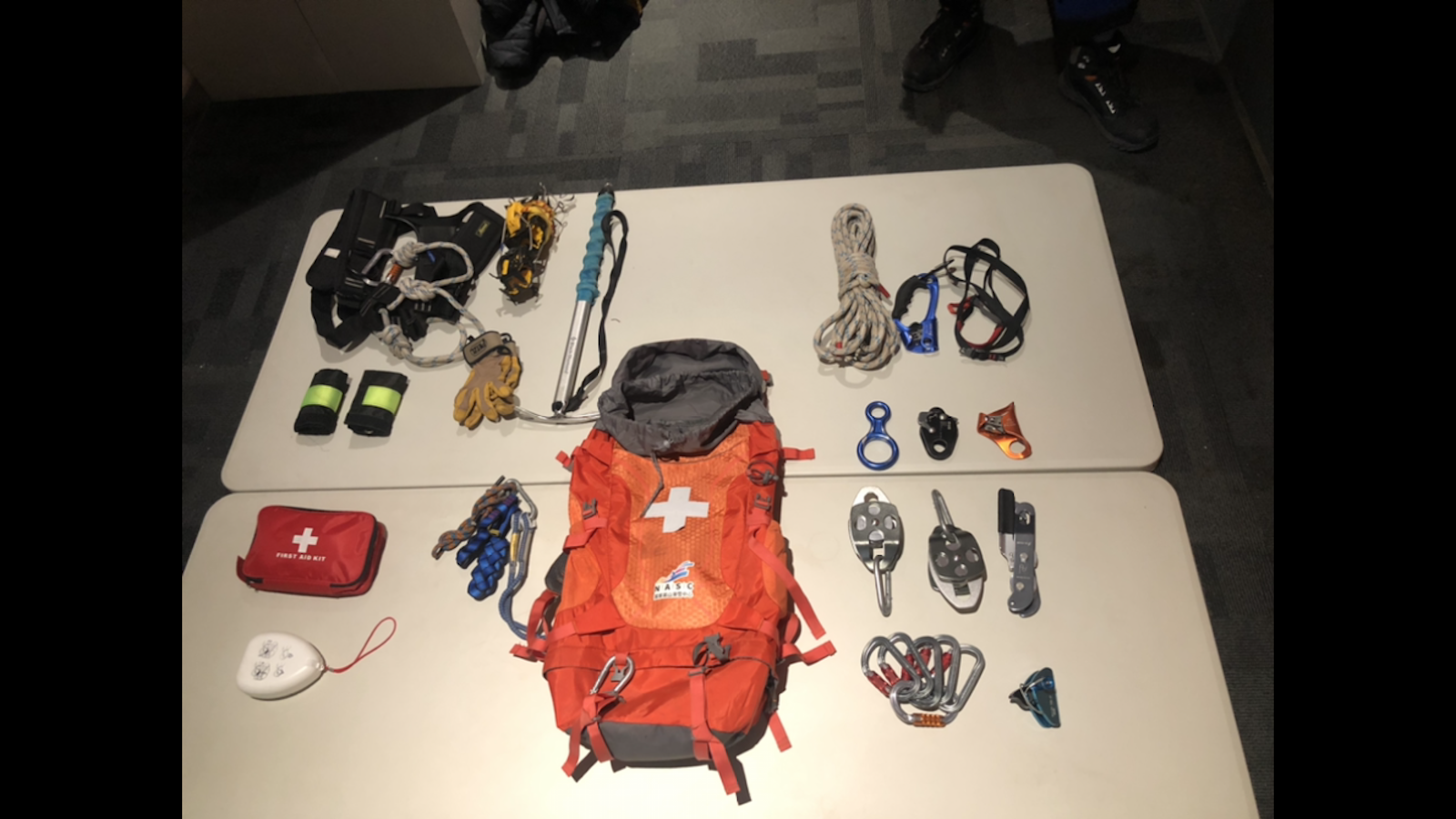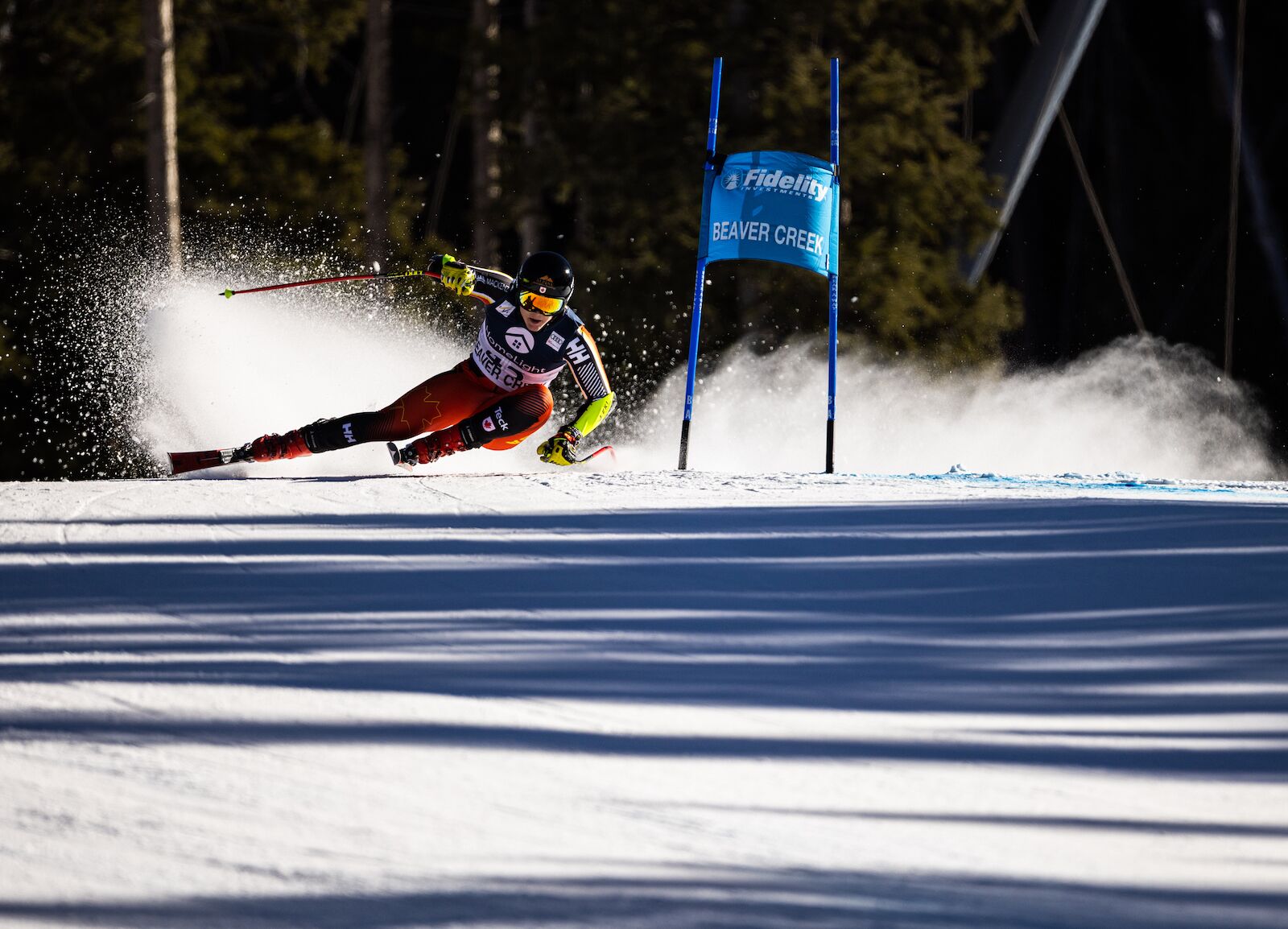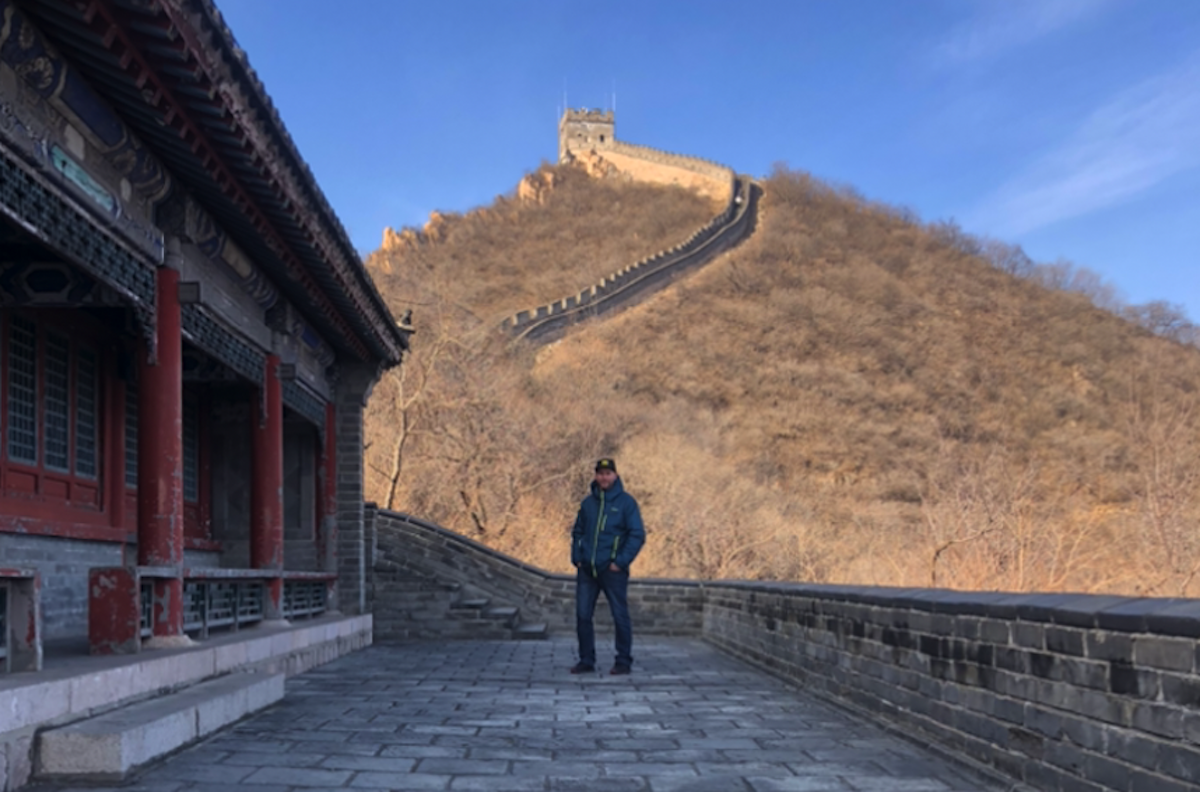The Olympic games don’t just draw the best athletes in the world — they also draw the best support staff in the world. And that includes the ski patrollers responsible for keeping more than 300 international athletes safe during Olympic ski events as they move at some of the fastest speeds the world has ever seen.
Being one of the world’s best ski patrollers isn’t a common job, especially as there’s no clear training path to the top like an athlete may follow. So we caught up over email with Bruce Welton, 37, a ski patroller at the 2022 Olympic Winter Games in Beijing, to find out what it’s like behind the scenes (and on the slopes) preparing for the upcoming Olympic ski events. Welton has been in China since November 2021, teaching and training local ski patrollers on best practices for safety during the 2022 Olympic ski events in Beijing.
